Wednesday, February 1, 2012
This week I’m continuing to write about topics related to diet and weight loss. So far I’ve covered recalibrating your diet, measuring what you’re eating, and expunging tempting treats from your house. Yesterday’s post encouraged you to look to science when seeking dietary advice and provided helpful tips for distinguishing science from anti-science.
And now (said in that dramatic voice heard only in television and movie previews), the exciting conclusion of this two-part series highlighting the extraordinary role science plays in our lives, inspired by my recent viewing of the movie Moneyball.
Show Me the Science! (Even in Sport)
Despite my own fitness-related activities and goals and my deep appreciation for outstanding athleticism, I’m not a huge sports spectator. (Upcoming SuperBowl and other major sporting events notwithstanding.) I do, however enjoy a good sports movie. You know, the thrill of victory, the agony of defeat – that kind of thing. Indeed, sports movies often make for compelling drama and high entertainment. (Or, in the case of the movie I’m purposefully misquoting above, Jerry Maguire, high melodrama and moderate entertainment.)
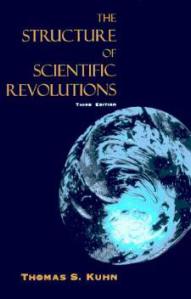
Moneyball was written by Michael Lewis in 2003 and made into an Aaron Sorkin movie in 2011. The story follows how Billy Beane, General Manager of the Oakland Athletics, hires an economist to help him create a winning team using sabermetrics, the analysis of objective, empirical evidence to measure performance in baseball. Beane received fierce opposition when trying to apply these more rigorous scientific methods, as scouts had traditionally employed a smaller set of sexier stats alongside emotion and intuition to hire ballplayers. They also used a goodly amount of utterly superficial parameters, according to the movie, such as looks … of the player’s girlfriend. (Whether this reflects truth or fiction I do not know but my guess is the former as it resonates all too well with our world fixated on the physical.) Juxtaposing these two contrasting methods of creating a winning ball club and the personalities of the proponents on each side was the essence of the movie, alongside a few other interesting themes. Incidentally, the film is a fairly accurate account of what happens when a new paradigm challenges an older way of thinking, which in extreme cases can lead to a scientific revolution that irrevocably alters the way we view the world. Even, in some cases, the game of baseball.
The movie’s denouement occurs when the 2002 Oakland A’s win their 20th game in a row – the longest winning streak in the American League—beating the record of 19 held by the 1947 New York Yankees. One of the team’s underdog players, Scott Hatteberg, scored the winning home run in an incredibly tense game, leading to nothing short of unadulterated joy. Often moved by such scenes, I felt my eyes well with emotion.
I turned to my husband and exclaimed in all earnestness, tears streaming down my face, “Science hit a home run!”
We then hugged and gave each other a science (high) five.
True story.
Use Science, and Win
My sense is that most people would have gleefully shouted “They won! They won!” at that particular point in the movie, gushing on and on about the players and so forth. That’s all very nice and good, I agree, and it is always gratifying to see a struggling team make a major comeback and win—especially in such spectacular fashion.
I am more enamored with science than baseball, however. (Obviously.) Wherever passions lie, I hope the viewer or reader of Moneyball is equally impressed with the starring role that science played in that triumphant victory, forever changing America’s favorite pastime. Though perhaps not as palpable as the players’ hard work and sweat on the field or as raucous as the boisterous cheers celebrating this amazing feat of sport, it was the quieter sounds of science and its application to the ballgame that created the favorable conditions and allowed the team to succeed.
The message is loud and clear: Use science, and win.
So it is, too, with food. Whether we are aware or not, whether it impacts our food choices or not, there is a science there – nutrition – that shows what we eat matters. I adore science and cooking, and to that end I strive to bring you the best nutrition knowledge we have to your plates in delicious ways that create the winning conditions you need for health. There are other legitimate sources out there as well, just remember the NIH’s suggestions and my own tips for separating science from anti-science, fact from fiction. Do not fall prey to the theatrics and polemics of how science is often presented by the media and others. And ask yourself who’s the person behind the curtain – or onstage, for that matter – before spending your time and money on the latest fad diet or vitamin du jour. Use science, and win.
Now, who’s with me for a science high five!?!?
Anyone?
Anyone at all?
—
* Note: A science high five is different from the science of a high five, discussed here. This awesome internet high five image can be found here.

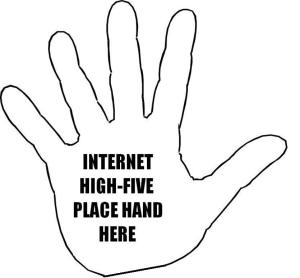

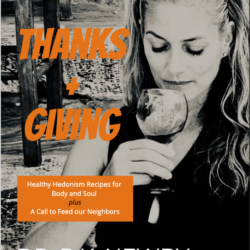
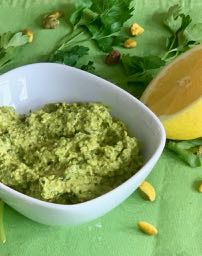
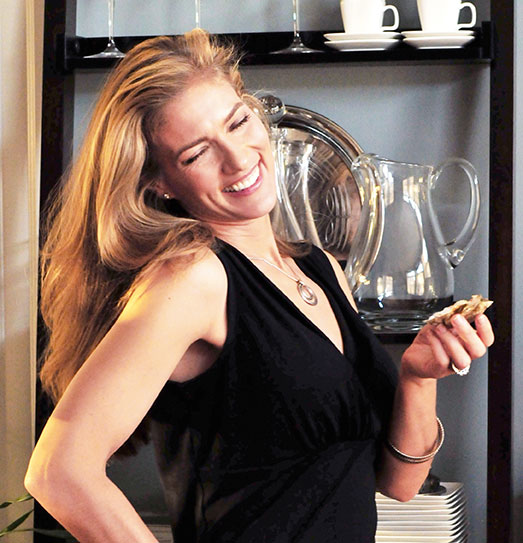
Okay, okay, give all the credit to science. How ’bout a shout out to good old Mathematics!
Absolutely – it was implied but warrants explicit enthusiasm for sure. Woohoo!